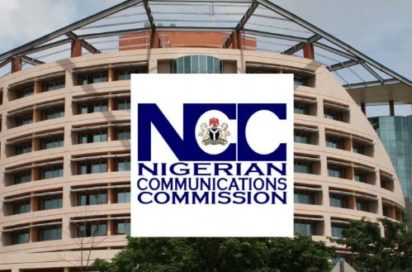The Executive Vice- Chairman of the Nigerian Communications Commission (NCC), Prof. Umar Danbatta, has disclosed the suspension of the allocation by the commission of frequency spectrums that are likely to be approved by the International Telecommunications Union (ITU) for 5G network services.
Danbatta, who gave this hint on Tuesday at a Stakeholders Consultative Forum in Abuja, explained that it was important to suspend the allocation of the frequency to operators so that there would not be any encumbrance when the frequencies are eventually assigned for 5G services by ITU.
Represented at the forum by Director of Spectrum Administration, Mr. Austin Nwaulune, the NCC boss listed the frequencies affected by the policy decision of the commission as the 26GHz, 38Ghz and 42Ghz bands.
He clarified: “The commission has identified some of the potential frequency bands that may be harmonised for 5G deployment in region one and therefore suspended the licensing of those frequencies.
“This step will ensure that Nigeria is not caught unawares when those frequency bands are harmonised by standardisation bodies. Key among these bands are 26Ghz, 38Ghz and 42Ghz bands.
“According to a research conducted by GSMA in 2018, about 5.17 billion people were already mobile in 2017 and it is projected to rise to six billion by 2025. In Nigeria alone, going by September statistics, we had about 106 million active internet subscribers.”
“In another research by McKinsey Global, it is estimated that over 75 billion devices will be connected to the Internet by the year 2025, with global economic contribution ranging from $3.9 to $11.1tn annually.
“As such, all stakeholders are challenged to help develop smarter and efficient ways of utilising the already limited available resources in order to maximise the gains of these technologies”, Danbatta added.
The industry regulator described the 5G technology as unique, promising and customizable






